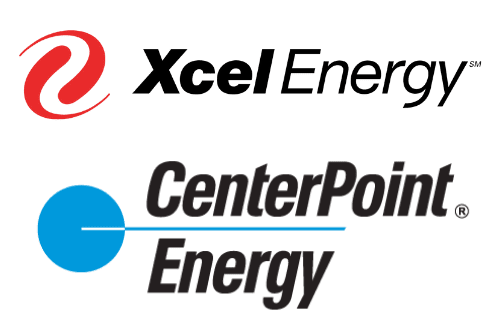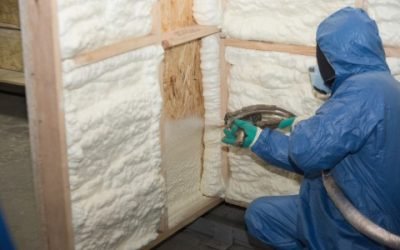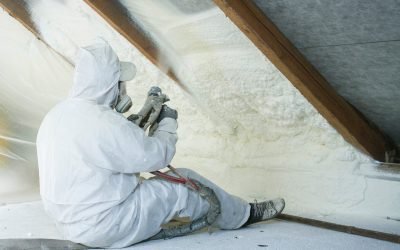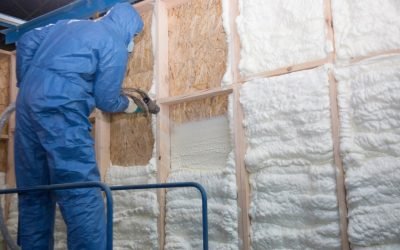Spray Foam Insulation Company in Ham Lake MN | Spray Foam Insulation vs. Traditional Insulation Methods
Last Updated on May 31, 2023 by Spray Foam Insulation Plus
Spray Foam Insulation Company in Ham Lake MN
 When it comes to insulating your home, you have a variety of options available. Among the popular choices are spray foam insulation and traditional insulation methods. While traditional insulation has been the go-to for many years, spray foam insulation has gained traction due to its unique properties. In this blog post, we will explore the differences between these two methods and delve into the advantages and disadvantages of each. By gaining a comprehensive understanding of the pros and cons associated with spray foam insulation and traditional insulation methods, you can make an informed decision for your home.
When it comes to insulating your home, you have a variety of options available. Among the popular choices are spray foam insulation and traditional insulation methods. While traditional insulation has been the go-to for many years, spray foam insulation has gained traction due to its unique properties. In this blog post, we will explore the differences between these two methods and delve into the advantages and disadvantages of each. By gaining a comprehensive understanding of the pros and cons associated with spray foam insulation and traditional insulation methods, you can make an informed decision for your home.
Understanding Spray Foam Insulation
Spray foam insulation stands as a modern alternative to traditional insulation methods. It comprises a two-part mixture of isocyanate and polyol resin. When these substances are combined, they chemically react and expand, creating a foam-like substance that adheres to surfaces. The foam expands to fill gaps and cracks, offering an airtight and seamless insulation layer.
Traditional Insulation Methods
Traditional insulation methods involve materials like fiberglass batts, cellulose, and mineral wool. These materials are commonly installed as batts, rolls, or blown-in loose-fill insulation. Traditional insulation functions by trapping air within its fibers, slowing down the transfer of heat or cold.
Efficiency and Performance
Spray foam insulation is renowned for its outstanding insulating properties. Its ability to expand and fill even the smallest crevices provides an excellent air barrier. This airtight seal effectively minimizes air leakage, preventing drafts and heat loss. Spray foam insulation boasts a higher R-value, which measures thermal resistance, compared to traditional insulation. This translates to better insulation per inch.
On the other hand, traditional insulation methods, although effective, may leave gaps or spaces where air can penetrate, thereby reducing overall efficiency. Such gaps can lead to energy loss and an increased reliance on heating and cooling systems.
Moisture and Mold Resistance
Spray foam insulation inherently possesses moisture resistance properties. As it forms a seamless barrier, it helps prevent water and moisture infiltration into your home. Consequently, this quality makes it less susceptible to mold growth, which is a common concern associated with traditional insulation methods.
Traditional insulation, particularly fiberglass, can absorb and retain moisture, potentially resulting in mold and mildew growth. Proper installation and regular maintenance are crucial to mitigate these risks.
Environmental Impact
Spray foam insulation contains chemicals that may have environmental implications. Some formulations can emit volatile organic compounds (VOCs) during installation, necessitating proper ventilation. Additionally, the disposal of spray foam insulation can pose challenges.
Traditional insulation methods, such as fiberglass and cellulose, are generally considered more environmentally friendly. They often consist of recycled materials and can be recycled themselves. However, the production and transportation of these materials have their own carbon footprints.
How an Insulation Contractor Can Help You Choose the Right Insulation Method
Choosing the right insulation method for your home can be a daunting task. With the array of options available, seeking the expertise of an insulation contractor can provide valuable guidance. Here’s how an insulation contractor can help you make an informed decision:
- Assessing Your Home: An insulation contractor will conduct a thorough assessment of your home, taking into account factors such as its size, age, construction materials, and specific insulation needs. This evaluation allows them to understand your home’s unique requirements and recommend the most suitable insulation method.
- Knowledge of Products and Technologies: Insulation contractors stay updated on the latest products, technologies, and industry standards. They possess in-depth knowledge about spray foam insulation and traditional insulation methods, including their benefits, limitations, and installation techniques. With their expertise, they can explain the pros and cons of each option, helping you understand which one aligns best with your needs.
- Customized Solutions: Based on the assessment of your home, an insulation contractor can provide tailored solutions that address your specific insulation needs. They will consider factors like climate, energy efficiency goals, budget, and environmental concerns to recommend the most effective and efficient insulation method.
- Professional Installation: Insulation contractors are trained and experienced in installing different types of insulation. They ensure that the chosen insulation method is correctly installed, maximizing its effectiveness and performance. Improper installation can lead to compromised insulation performance and energy inefficiency, making professional installation crucial.
- Compliance with Building Codes: Building codes and regulations vary by location. An insulation contractor is well-versed in these codes and will ensure that the chosen insulation method meets the required standards. By adhering to local building codes, you can avoid any legal or safety issues down the line.
- Long-Term Savings: An insulation contractor can help you understand the long-term cost savings associated with different insulation methods. They will consider factors like energy savings, maintenance requirements, and lifespan to determine the overall cost-effectiveness of each option. This information empowers you to make a decision that not only suits your immediate budget but also provides long-term savings on energy bills.
In the battle between spray foam insulation and traditional insulation methods, both approaches have their advantages and disadvantages. Spray foam insulation excels in terms of efficiency, air sealing, and moisture resistance. However, it may raise environmental concerns and require professional installation. Traditional insulation methods are cost-effective and environmentally friendly, but they may not offer the same level of air sealing and thermal performance.
Spray Foam Insulation Company in Ham Lake MN
Ultimately, the choice between spray foam insulation and traditional insulation methods depends on your specific needs, budget, and environmental priorities. Consulting with insulation professionals can help you make an informed decision, ensuring a well-insulated home that meets your requirements and contributes to energy efficiency. Contact us today at Spray Foam Insulation Plus in Ham Lake, Minnesota.
Spray Foam Insulation Company in Ham Lake MN
Spray Foam Insulation Company in Ham Lake MN
Spray Foam Insulation Company in Ham Lake MN
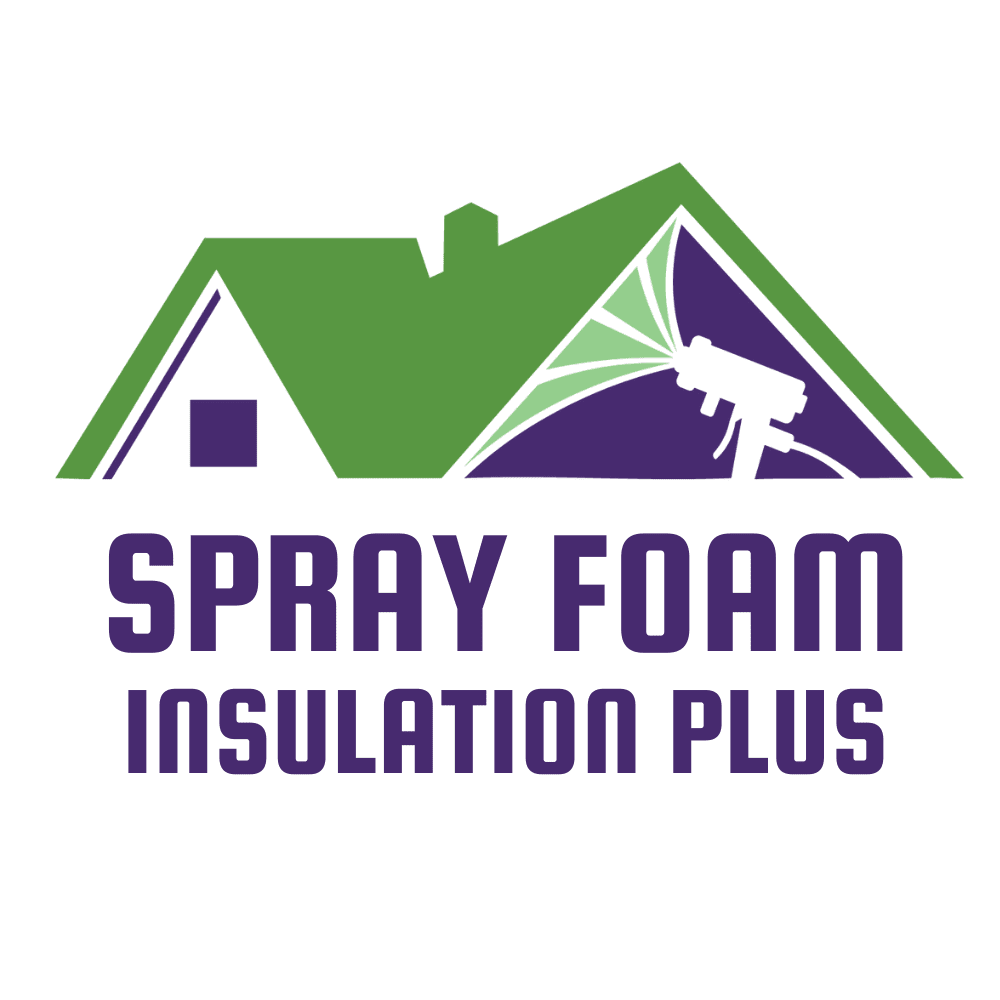
Tags
Preferred Contractors of:
